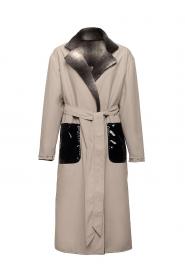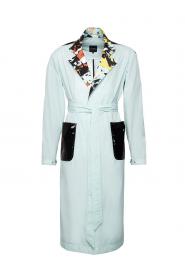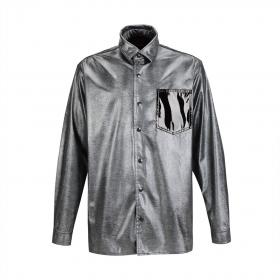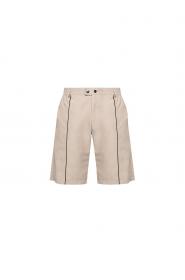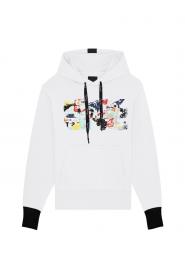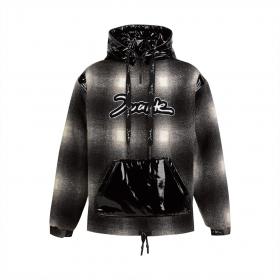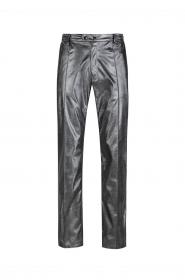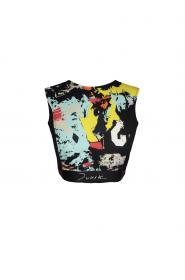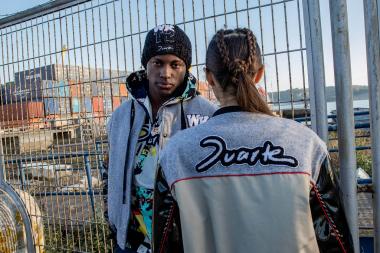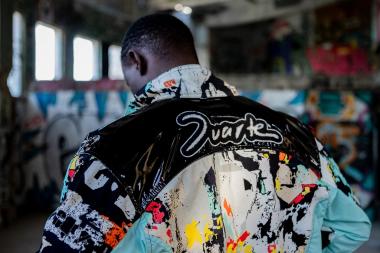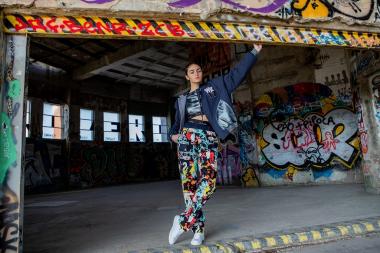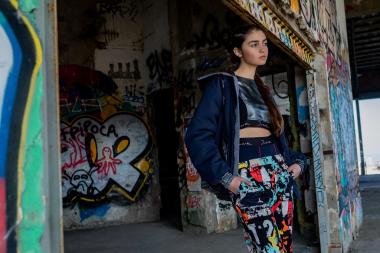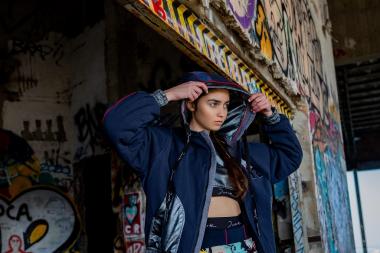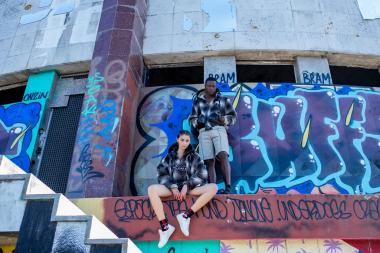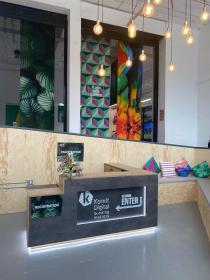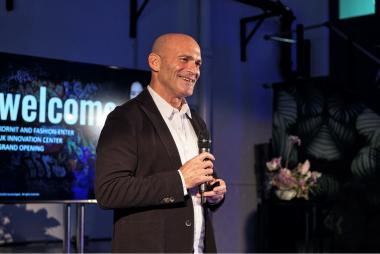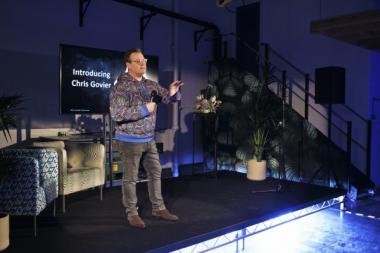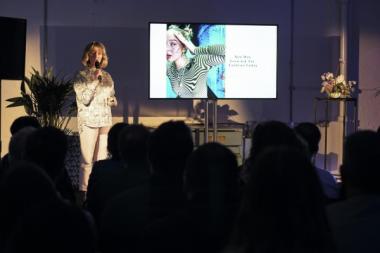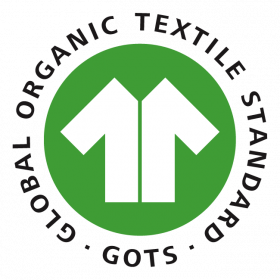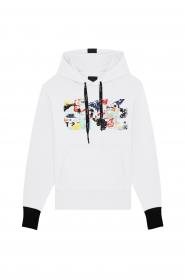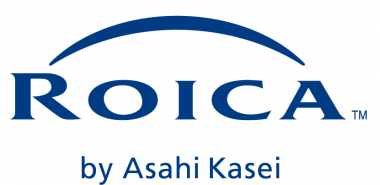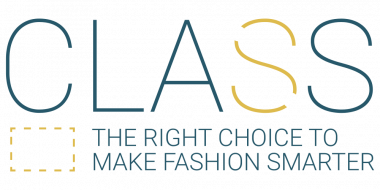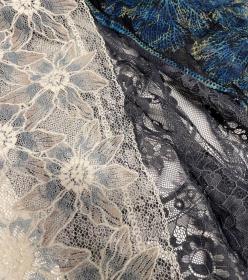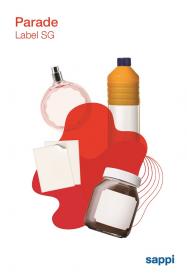ISKO™ signs Dutch Denim Deal
ISKO has signed the Dutch Denim Deal for circular denim. The Denim Deal, a public-private initiative, was launched by the Dutch government following the EU Green Deal and the Circular Action Plan and includes agreements to make the denim textile chain more circular. In the deal, more than 40 parties, such as Scotch & Soda, PVH and Soorty, are working together to improve post-consumer textiles in the denim industry and make fiber recycling the new norm. The signatories cover a wide range of manufacturing companies, brands and stores, collectors, sorters, cutters, and weavers.
The main objective is to collectively produce a total of 3 million jeans with (a minimum of 20%) post-consumer recycled cotton (PCR) by the end of 2023. In addition, all parties have agreed that they will work together towards the standard of at least 5% recycled textiles in all denim garments as quickly as possible. The Denim Deal is also an opportunity to set up a 'reverse supply chain' for recycled cotton and create a systemic change to close the denim cycle.
Although the denim industry still has a negative image due to its high carbon footprint, in recent years many good steps have been taken in the field of recycling. But these steps are on a small scale, limiting the overall impact.
"The Dutch Denim Deal fits perfectly into ISKO's circular strategy," says Marc Lensen, ISKO Head of Global Communication. "Our scale and knowledge of sustainable technological solutions will increase the overall impact and accelerate circularity in the denim chain.”
ISKO / Menabò Group














